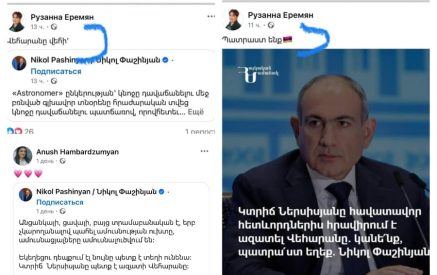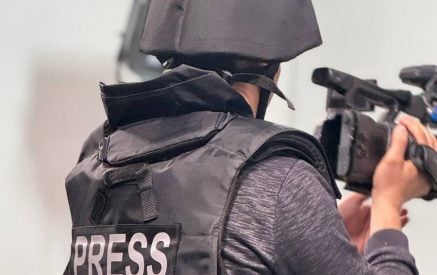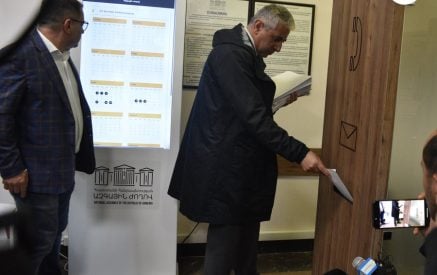The experts of the analytical supplement of the British Economist journal made public a new report last week, presenting their assessments of democracy in 165 countries. Armenia has again been classified in the ranks of hybrid regimes in that report. According to the clarifications of the Economist, elections in these countries are conducted with serious violations as a rule, corruption is almost everywhere, the rule of law and civil society are very weak. It is common under those regimes that journalists are persecuted and the judicial system is not independent.
Aravot.am asked for the Armenian experts’ commentaries on the assessments of the report.

Any international assessment makes us think. As everywhere, in Armenia people are used to seeing policy in reports, this or that thesis. Perhaps every institution has its own approach, perhaps has its interest to put forward, but I think that it is clear without that report that there is no process here. Any change for democratization is impossible in Armenia. As for mass media, they are not free, there is no free television. As for elections, although it is much said about conducting good elections, nobody believes that it is possible to conduct a normal election in our country. The same applies to the judicial system. Everybody thinks it is not free and there is no system of justice.
Read also
There are new ways for activity in terms of civil society and the fact that legal conscience is strengthening in the society is undeniable. The newly formed civil groups are certainly of new quality, but they don’t have the ability to be able to say they are sufficient. However, if they mentioned that it is weak, I also think it is very weak, because we don’t see universal process that substantial progress has been made in the certain circle of political forces. The quality of parties has remained the same.
Samvel Martirosyan, media expert
If we consider the reports in general, they are sort of artificial. When they compare some countries that have nothing in common in some numerical scale, certainly a problem occurs. In my opinion, Ghana, the United States and Armenia are not only incomparable in terms of democracy, but have nothing in common.
One of the criteria is election fraud. It is obvious that changes will be made in Armenia next year, i.e. that criterion in 2010 was passive. Armenia should be seen in the scale in 2012, because 2011 made no global changes – every one of us takes a deep breath, waiting for the pre-election period to start soon. We will be able to guess in March-June whether our rating will rise or fall, given the conduct of the election.
We have qualitative changes in civil society in Armenia. It is obvious that it is not passive, but active. The army has also become more transparent thanks to the very civil society. Two-three years ago civil society was basically the sector of NGOs, whereas now thanks to the internet a very serious mass of exceptionally civil activists has been formed that is a spontaneous, self-organized sector and has become very active.






















































